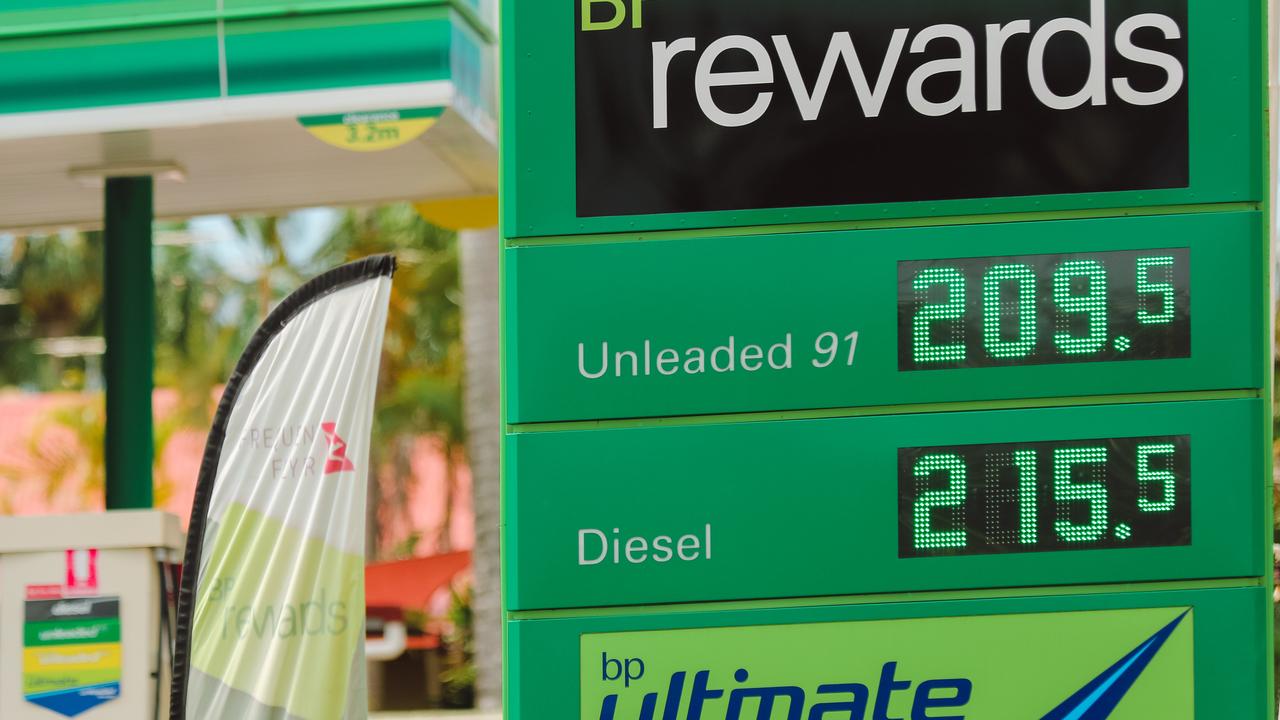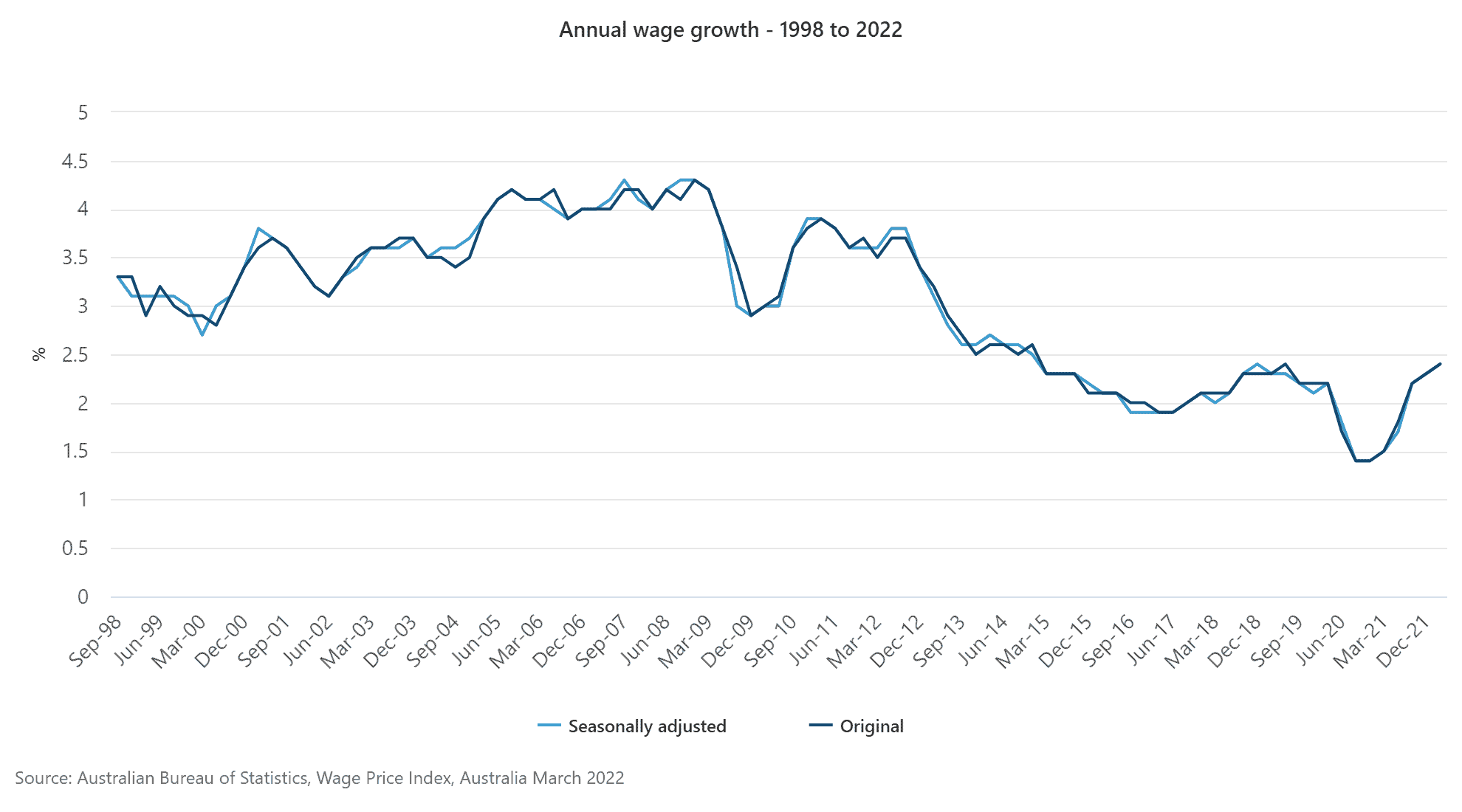How Australia's Inflation Impacts You
prices of everyday items skyrocketing
what can be done to stop this
Why does the everyday Australian have to struggle with maintaining their basic necessities, including housing, food and water, clothing and education. It shouldn't be this way. Australia is a landscape that's rich with both natural and farmed resources (especially those of wheat and beef https://www.aph.gov.au) and yet we still are having the increased issue of our lower and middle classes struggling to provide the basic amenities for their households.
Why is this the case?
Australia has an issue where due to high demand and lack of government intervention companies are able to increase the price of goods without much repercussion. This is known as inflation. Inflation is defined as an increase in the level of prices of the goods that people can buy. This can be seen through the increase in oil, supermarket goods and housing prices.
The Oil Market
When was the last time you could go to a service station and buy a litre of fuel for less than $1.50 per litre? Seems like many years ago doesn't it. In our society we rely on petroleum (fuel) for our vehicles to allow us to provide for ourselves, whether it be to get us to work or to school or for us to transport items.
The monthly average fuel price for unleaded petrol has risen too about $1.88 for March this year compared to $1.35 in March 2018 (https://www.fuelwatch.wa.gov.au). The Government stated that this was due to shortages caused by Covid-19 back in 2020, however its been 4 years since then and production of crude oil (which is refined to make a wide range of petroleum fuels) has remained at the 4.4-4.6 metric tons per year globally since 2018 to now. In 2023 Australia imported about 61577 barrels of crude oil (https://www.statista.com) costing about $120 (AUD) per barrel (https://www.accc.gov.au).
It only costs approximately $10 for business' to convert crude oil to petroleum (https://link.springer.com) and yet they still get away with selling it at such high prices. When converted into barrels, the $1.88 per litre becomes almost $300 per barrel. Even when taking into account wages this is astronomically high and is unjust.
Yet, there is nothing being done to fix this as there is no policies that regulate the pricing of petroleum in Australia. Countries such as Sri Lanka, South Africa and Pakistan all have fuel prices regulated by the government and countries such as Mexico and Vietnam have a price ceiling (where the government sets a maximum price to which the fuel can be set too) to their fuel prices. (https://www.globalpetrolprices.com) If the Australian government implemented one of these policies then these prices wont be too astronomical allowing for higher standard of living for the average Australian.
Supermarket Goods
As Australians we shouldn't have to worry about whether we'll be able to feed our families for the night. Australians have been continuously overcharged and subjected to what's known as “profit push” pricing by major corporations including those of Woolworths, Coles and Aldi enjoying the absence of competition within the market, resulting in higher inflation and intensifying cost-of-living pressures (https://www.economicshelp.org).
This causes those who are classified under middle to low earning households to struggle to purchase their basic needs. These needs include supermarket goods, where larger supermarkets raise the price of their produce due to the high demand. Last year it was found that Coles increased their prices of food by an average of 10.4 percent in April alone and for Woolworths it was an average increase of 8.8 percent (https://www.news.com.au).
https://www.posnation.com says that the average grocery store/supermarket profit margin is estimated to be 2.2%, whereas it's said that Coles has a profit margin of around 25.8% (https://finbox.com), this price is astronomically high and is causing insane pressures on us Australians. The reason as to why Coles and other supermarkets are able to maintain this profit margin whilst keeping high demand for their goods is due to them being able to get stocks from their suppliers at a much cheaper price than other small grocery stores. This is due to their purchasing power, allowing them to buy a larger amount of stock (buy in bulk), and this allows the supplier to give them a discount on the goods sold. This cheaper price allows these supermarkets to provide their goods to consumers for less than the rest of the market causing high demand for their goods whilst maintaining more profit than the competition. (https://www.accc.gov.au)
What can be done to solve this issue. Similarly to prices of fuel, supermarkets could have more influence from the government on the pricing of their goods. This could mean a limit set by the government to how much profit these multi-billion supermarkets are able to make on each of their produce.
This graph shows the amount of net profit (after all expenses) that Coles has made each year (in $million)
The Housing Market
Now days what is classified as the typical pricing of houses would've been the price paid for luxury homes only 10 years ago. Australians are dealing with many struggles when it comes to the housing market, especially the newer generations that are struggling with the possibility of even being able to move out of their parents home. The prices of rent and housing is consistently on the rise, which is great for those that own their homes, but for those who don't they are stuck either not being able to afford to move out or being kicked out due to lack of funding.
The pricing of rentals has also been on the rise, increasing upwards of 7% just last year. This has caused those who couldn't afford to purchase a house but could afford to rent, struggle to even do that. This means that not only will people be unable to purchase a home, there is a high likelihood that they'll be unable to live in one either.
How can this be solved? There are three primary policies that can be implemented to help this issue. Firstly, the Australian government can implement a limit to how much rent and housing prices increase annually. Secondly, the Australian Government can increase the benefit that first home buyers receive when buying a home. Lastly, the government could assist those who's pay don't cover their expenses including their rent.
What About The Increase Of Wages
Yes, wages have had an increase over time along with the inflation of these every day necessities. However, these haven't had as drastic of a rise as inflation. This causes the purchasing power (purchasing power is the value of a currency expressed in terms of the number of goods or services that one unit of money can buy https://www.investopedia.com) of us Australian citizens to decrease.
So I ask again, why should Australians have to struggle so much with providing themselves with their basic needs?






Comments
Post a Comment